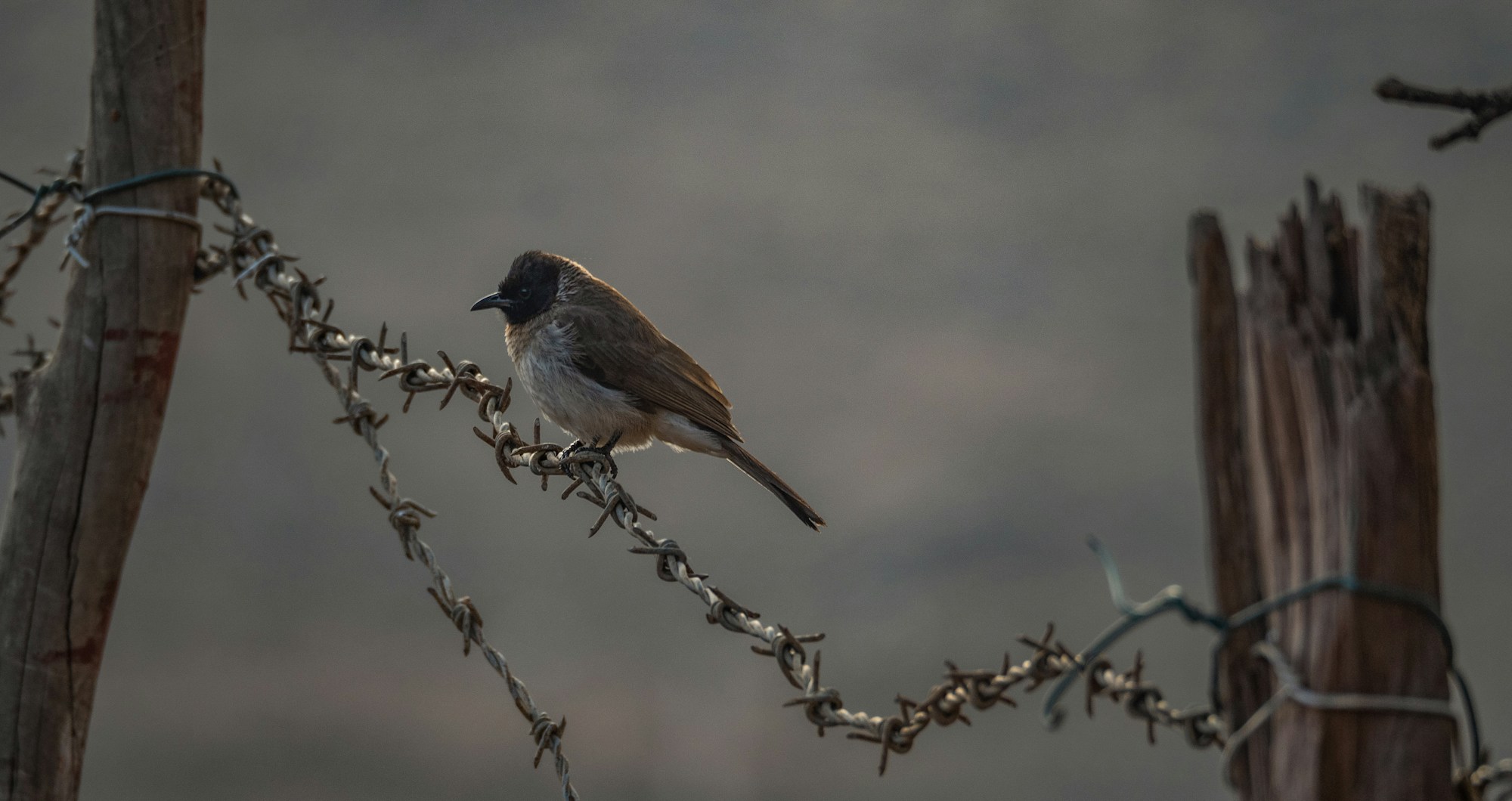Discover Djibouti: A Guide to the Land of Diversity

Discover Djibouti: A Guide to the Land of Diversity
Welcome to Djibouti, a fascinating country located in the Horn of Africa. With its unique blend of cultures, stunning natural beauty, and vibrant history, Djibouti offers travelers a truly unforgettable experience. Whether you're an adventurer seeking thrilling landscapes or a history enthusiast eager to explore ancient civilizations, Djibouti has something for everyone. Let's dive into the wonders of this diverse land!
Geography and Climate
Djibouti is a small country bordered by Eritrea to the north, Ethiopia to the west and southwest, and Somalia to the southeast. It also boasts a scenic coastline along the Gulf of Aden and the Red Sea. The country's geography is diverse, with rugged mountains, arid deserts, and pristine beaches.
The climate in Djibouti is hot and arid, with very little rainfall throughout the year. The best time to visit is during the cooler months from November to February when temperatures are more bearable. Be sure to pack sunscreen, a hat, and lightweight clothing to protect yourself from the scorching sun.
Key Attractions
Djibouti offers a plethora of attractions that showcase its natural beauty and rich cultural heritage. Here are some must-visit destinations:
- Lake Assal: Situated in the heart of the Afar Depression, Lake Assal is a mesmerizing saltwater lake renowned for being the lowest point in Africa. Its crystal-clear turquoise waters and the surrounding salt formations make for a surreal sight.
- Mousa Ali: Towering at an impressive height of 2,028 meters, Mousa Ali is Djibouti's highest peak. Hiking enthusiasts will be rewarded with breathtaking panoramic views from the summit. The mountain is also considered sacred by the Afar people.
- Goda Mountains: Embark on an adventure to the Goda Mountains, where you'll encounter unique wildlife, including the endemic Djibouti francolin and Soemmerring's gazelle. The mountains are a paradise for bird lovers and offer incredible opportunities for trekking.
- Tadjoura: Explore the charming town of Tadjoura, known for its beautiful white-sand beaches and colorful buildings. Don't miss a visit to the historic Mosque of Tadjoura, an architectural gem that dates back to the 19th century.
- Djibouti City: Discover the cosmopolitan capital city of Djibouti, which combines modernity with traditional charm. Visit the bustling markets, dine on delicious local cuisine, and explore the historic district to get a taste of Djiboutian culture.
Cultural Experiences
Djibouti's cultural heritage is a melting pot of Arab, African, and French influences. Immerse yourself in the local culture by participating in the following experiences:
- Traditional Music and Dance: Witness captivating performances of traditional dances like the "Dankira" and "Afarstick dance" accompanied by the rhythmic beats of drums and other traditional instruments.
- Bedouin Hospitality: Attend a traditional Bedouin coffee ceremony known as "Somali Buna" and savor the rich flavors of freshly brewed coffee. Bedouin hospitality is known for its warmth and generosity.
- Local Cuisine: Indulge in the flavors of Djiboutian cuisine, which blends spices and ingredients from African, Arabian, and French culinary traditions. Try signature dishes like "lahoh" (pancake-like bread) and "skoudehkaris" (meat and rice stew).
History and Heritage
Djibouti has a rich history that dates back thousands of years. Discover the country's historical landmarks and heritage sites:
- Laas Geel: Visit the ancient rock art site of Laas Geel, located in a remote part of Djibouti. Marvel at the well-preserved vibrant paintings that depict scenes of humans, animals, and ancient rituals, some of which are estimated to be over 5,000 years old.
- Ardoukoba: Explore the volcanic landscapes of Ardoukoba, a dormant volcano known for its surreal lava formations. Hike through the ash fields and witness the stunning contrast between the black volcanic rocks and the surrounding blue waters.
- Palace of the People: A visit to Djibouti City is incomplete without seeing the iconic Palace of the People. Built during the French colonial era, this grand palace serves as the official residence of the President of Djibouti and is a symbol of the country's independence.
Getting Around
Getting around Djibouti is relatively easy, with various transportation options available:
- Taxis: Taxis are a common mode of transportation within Djibouti City and other urban areas. Make sure to negotiate the fare beforehand.
- Buses: Public buses operate within Djibouti City, offering an affordable way to navigate the city. Buses heading to other towns and cities are also available.
- Car Rental: Renting a car is a convenient option for exploring Djibouti at your own pace. However, be aware of the driving conditions, including the presence of wildlife on the roads.
Now that you have a glimpse of Djibouti's wonders, it's time to embark on your own adventure in this diverse and captivating country. Pack your bags, plan your itinerary, and get ready to create unforgettable memories in Djibouti!
